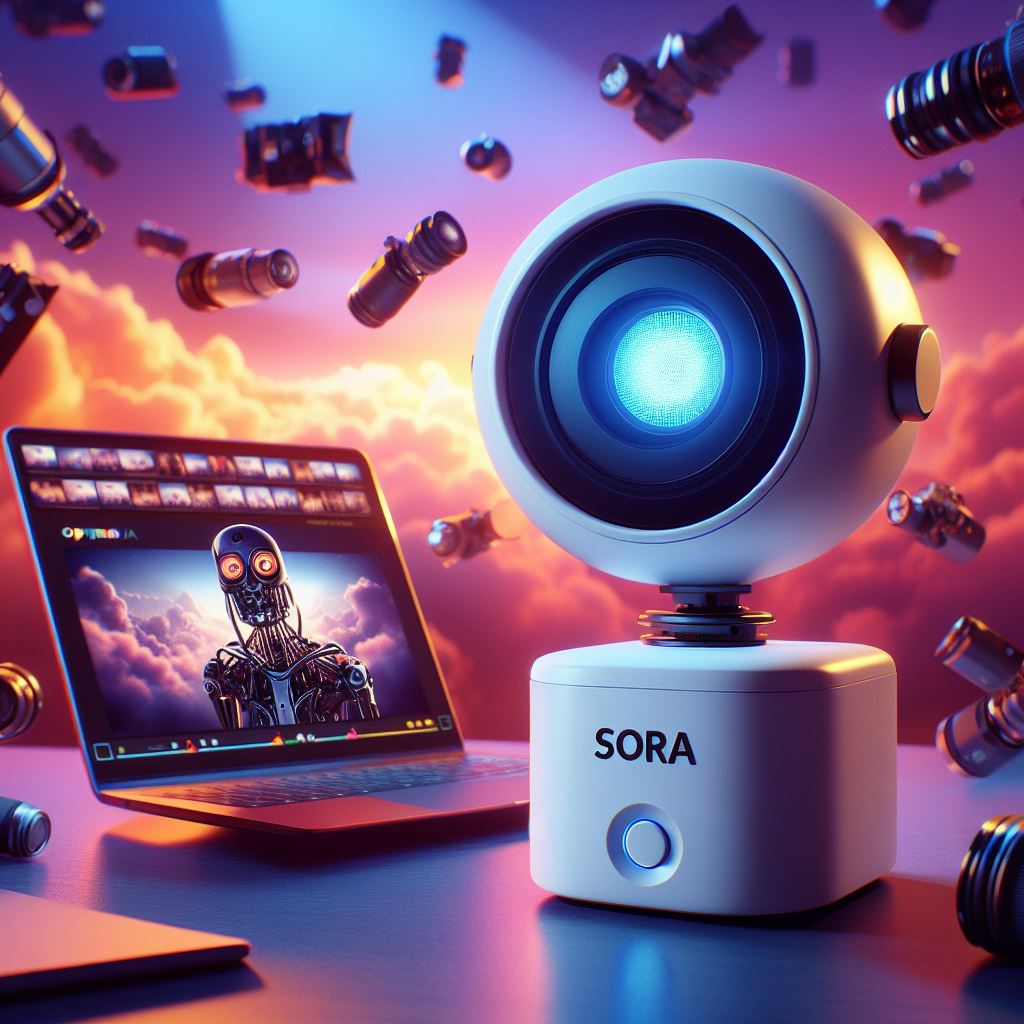
OpenAI, the company behind ChatGPT, has introduced Sora, its latest advancement in generative artificial intelligence. Sora is a text-to-video generator that produces short videos in response to written commands, marking a significant leap in AI technology.
While similar tools have been demonstrated by companies like Google, Meta, and Runway ML, observers have been astounded by the high quality of videos generated by Sora. CEO Sam Altman showcased the tool's capabilities by fulfilling prompts from social media users, eliciting awe and raising concerns about the ethical and societal implications of such technology.
One prompt, submitted by a freelance photographer, described an instructional cooking session for homemade gnocchi in a rustic Tuscan country kitchen with cinematic lighting. Altman responded with a realistic video that brought the prompt to life.
Despite the impressive demonstrations, Sora is not yet publicly available, and OpenAI has provided limited information about its development. Questions linger regarding the sources of imagery and video used to train Sora, particularly given OpenAI's past legal challenges related to copyrighted works.
In response to concerns, OpenAI stated that it is engaging with artists, policymakers, and domain experts to address ethical considerations before releasing Sora to the public. The company emphasized its collaboration with "red teamers" specializing in areas like misinformation and bias to adversarially test the model. Additionally, OpenAI is developing tools, including a detection classifier, to identify misleading content generated by Sora.
As OpenAI navigates the release of Sora, the ethical implications of text-to-video generators and the potential for misuse remain at the forefront of discussions surrounding AI development and deployment.